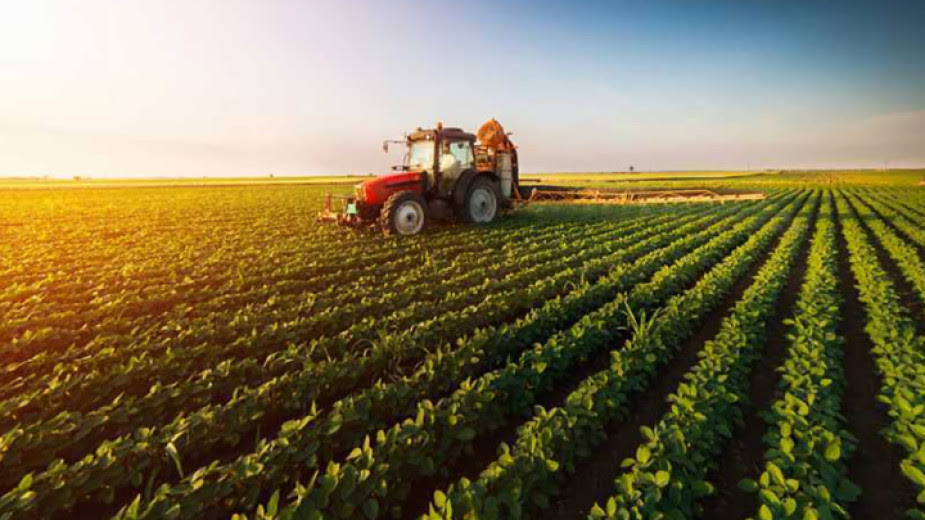Agriculture Bulgaria has excellent natural conditions for developing the agricultural and forestry sector. Cultivated agricultural land occupies about 4.9 million hectares, or 44% of the country’s total territory. The favorable climate for crop production, the availability of farm land and long traditions have allowed the development of plant cultivation and animal husbandry.
The main advantage of agriculture in Bulgaria is the low labour cost and the high schools and colleges that offer training in modern agriculture and animal husbandry. Foreigners cannot own land, but the Foreign Investment Law has removed restrictions on land acquisition by locally registered companies with foreign participation.
The main crops produced are tomatoes, pepper, tobacco, grapes, wheat, maize, beans, potatoes, sunflowers, peaches, apricots, apples, melons and nuts. Sheep, pig and cattle breeding, poultry farming and beekeeping are traditional.
Bulgaria has been a leading exporter of grapes, oriental tobacco, tomatoes, apricots and other agricultural products to European markets for centuries.
We can find good opportunities in the sector to create entire production chains through a combination of selected companies in clusters covering the primary industry, processing, sales and distribution. An essential advantage of the sector is the presence of well-established food research and development institutions.
The Bulgarian state has set up a particular EU support program (SAPARD) providing a 50% subsidy for agricultural investment projects.
Bulgarian agriculture is one of the most promising investment sectors in Bulgaria! Massive growth is expected over the next 5-10 years. The reasons are straightforward and are described below with a simple comparison example!
|
Simply stated: By investing in Bulgaria’s agriculture sectors investors quickly realize tremendous savings, without compromising the quality of their products.



Comment here